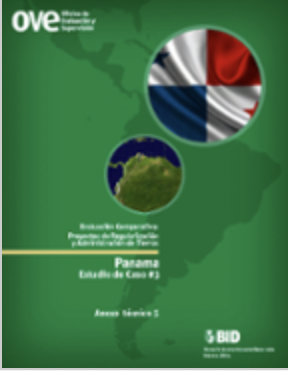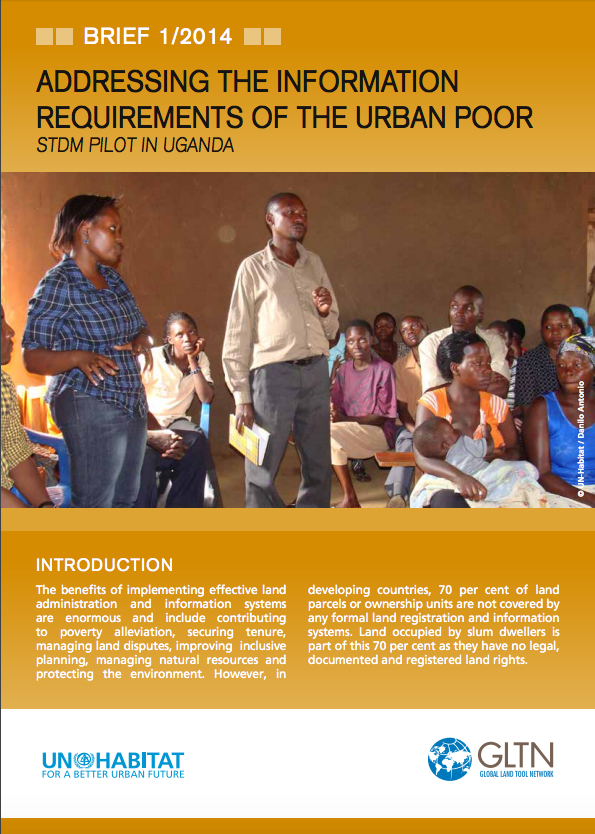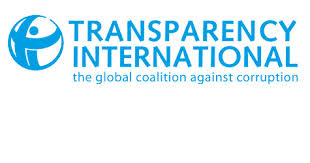Evaluación Comparativa: Proyectos de Regularización y Administración de Tierras Panama Estudio de Caso #3
Este documento es el quinto de seis informes detallados que acompañan la Evaluación Comparativa de los Proyectos de Regularización y Administración de Tierras llevada a cabo por la Oficina de Evaluación y Supervisión (OVE). Este quinto informe evalúa cinco operaciones aprobadas entre 1996 y 2007 enPanamá, en lo relativo a actividades de regularización y administración de tierras. Estas operaciones son: "Proyecto de Administración y Regularización de Tierras, PRONAT" (PN0148); "Programa de catastro de la región metropolitana y modernización de la administración de tierras" (PN-L1018);






